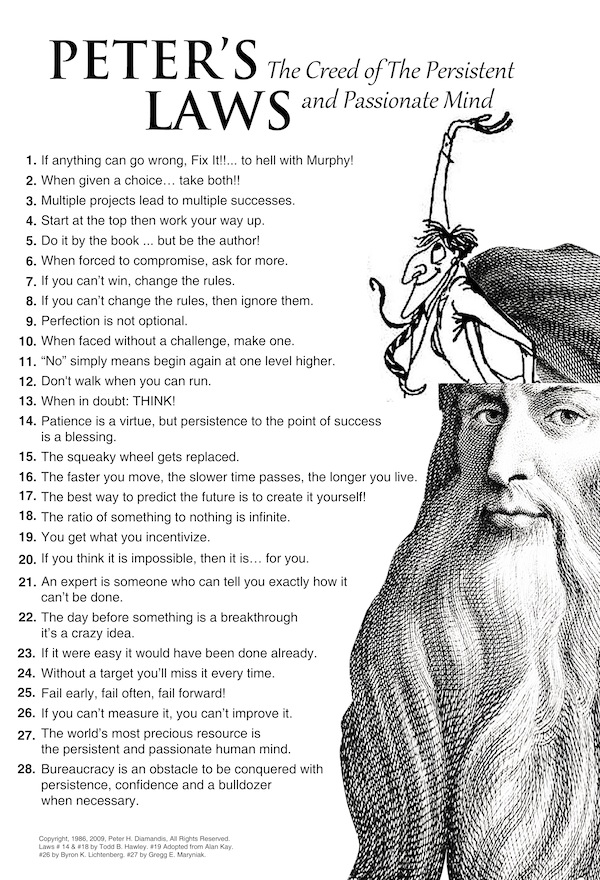Most viewers of the 2014 State of the Union address, delivered last night by President Barrack Obama, should be praised for having the wherewithal to persevere through such a sleep-inducing collection of strung together sentences — although, among the mind-numbing were a fair share of surprisingly spritely, humorous notes.
Regardless, for those green enthusiasts out there, hoping to learn more about initiatives in the way of sustainability, clean energy, and alternative fuels, there was relatively little mention of such, and with even less value behind it. Far from a laughing matter.
View the enhanced speech on demand –which is by far better than the
live broadcast– if you don’t believe me (tune in around the 15:40 mark).
[youtube http://www.youtube.com/watch?v=arhBRouSmWs&w=560&h=315&start=940]
Unfortunately, the most prolific takeaway for such enthusiasts was a regurgitation of the All-Of-The-Above Energy Strategy, originally introduced several years prior. And let me be clear (pun intended) — by “regurgitation” I don’t mean Mr. Obama repeated himself per se, but I do mean that it was just a simple spewing of what “we” have already accomplished over the past several years’ time.
Some of the facts and statistics used in the accompanying supplemental presentation seem randomly curated and desperately included, almost in some form of a last-ditch attempt to appear arguably progressive. And be careful not to blink when watching the address, you may miss the just-over-four minutes the Pres took to speak to the notions of this All-Of-The-Above plan.
Nonetheless, a brief recap is in order, to point potential non-viewers in the direction of the few notions splayed upon last nights audiences:
- America is closer to energy independence today than we have been in decades. I hope this is self-explanatory.
- Natural gas is being extracted safely. This was an obvious reference to hydraulic fracturing, or fracking, something we have written about in the past and something which environmentalists everywhere denounce.
- Companies are planning to build new plants that use natural gas. President Obama made clear the fact that he wants to promote this via tax and other programs for these manufacturers who indeed increasingly move toward natural gas as a replacement means of production (instead of oil).
- America will continue “strengthening protection of our air, our water, our communities,” and “protect more of our pristine federal lands for future generations” to come. By definition, probably the closest we’ve come thus far to targeting sustainability, but still not compelling. This just seems like some general commentary that could have been used years ago to describe our state, and which seem to be added only because they sound better to the heart than to the mind, once processed.
- We are becoming a global leader in solar — “every four minutes, another American home or business goes solar.” This is a great stat, assuming its factually accurate. Bravo, Mr. President. And his use was impeccable, directly relating solar’s ongoing push to economic job growth by referencing that men (and women) physically installing pieces of such equipment is not outsource-able.
- GOAL: continue to invest in fuels of the future. Check. This should go unsaid — it’s something that would be done regardless of who is in office, be it oval or congressional. Next.
- We can continue to reduce energy we consume. He referenced the new standards for the auto industry, implemented after the bailout, to make vehicles more efficient. Good example, yes, but we have been there and done that, so where else could this be actionable moving forward? Another prospective example would have been beautifully refreshing.
- The US is the leading nation in reducing carbon footprints. Impressive, but how about we explore how we will maintain that role modeling… right?
- We need to legislate new standards on the amount of pollution our power plants are permitted to dump into the air. Air pollution is important, I get it. And as we’ve seen in places like Mexico City and eastern Chinese cities like Beijing, it can quickly get so out of hand as to realizably affect the day-to-day quality of life for area inhabitants. The future can only get worse, if not attended to, so let’s hope something of action can become of this verbiage.
- “The debate is settled: Climate Change Is A Fact!” Again, self explanatory, but a headline-grabbing quote all enthusiasts can be mildly happy about.
Now, that brief recap above contains literally every point I could imaginably pluck from the whole discussion of ecological sustainability, and most of it spoke solely of vague past accomplishments and emptily bottomless comments surrounding the overall direction we are headed. Personally, as someone truly interested in hearing what particulars could lay on the horizon, I was extremely underwhelmed by the President’s words, or complete lack thereof with respect to true governmental policy. This could have been a chance for Mr. Obama to openly target specific goals and initiatives on one of the broadest stages possible, to really put the pressure on Congress to do something about the potential headliners — an opportunity blown.
As one US News and World Report describes fairly well, the State of the Union was predicted to be and then turned out to be unsustainable. The article describes, quite adequately, that sustainability is the focus of making sure our living our lives does not hinder the ability of the generations to come from living theirs. While the State of the Union contained moments wherein the glimmer of hope for the future verged on addressing some social or economic sustainability, environmental sustainability was not allowed to shine in its full brilliance. There was clearly insufficient forethought and future initiatives relayed from the President — no true future plans were outlined for environmental policy.
All of this being said, I must concede that it is not all President Obama’s fault, that the entire State of the Union address seemed monotonous and archaically pointless. In actuality, it is just that, and by inevitability. The State of the Union was originally put into policy as a way for the President of the United States to relay his views on the current status and future agenda of the country to the US Congress. This is especially needless in today’s society of technological advancement, what with all the instantaneous newsfeeds at our constant disposal via push notices to our pocket devices.
Overall, Obama’s address was only half-baked, nearly ignoring future sustainability, clean energy, and alternative fuel plans altogether. But that’s just my opinion.
Got some time to share your opinions? We’d love to hear them!
[polldaddy poll=7755598]









